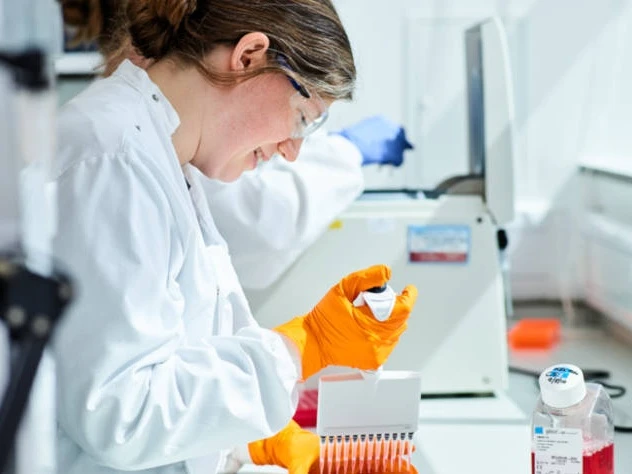

Mission Therapeutics, a clinical-stage biotech developing first-in-class therapeutics that promote cell and organ health by enhancing mitophagy, today announces it has raised £10m to progress the clinical development of its lead candidate MTX325 through a Phase Ib proof-of-mechanism study in patients with Parkinson’s disease. The financing was led by current investors.
It comes after Mission successfully completed Phase Ia studies – including recent PET scans confirming MTX325 adequately penetrates functional brain tissues in healthy volunteers. The clinical development of MTX325 is also supported by a £3.9m grant from the Michael J. Fox Foundation and Parkinson’s UK. Mission has regulatory approval from the UK’s Medicines and Healthcare products Regulatory Agency (MHRA) for the Phase Ib clinical trial of MTX325 to begin.
MTX325 works by inhibiting USP30, a mitochondrial de-ubiquitylating enzyme (DUB), thereby increasing mitochondrial ubiquitylation and promoting appropriate mitophagy – the essential process cells use to rid themselves of dysfunctional mitochondria. If cells such as neurons cannot rid themselves of dysfunctional mitochondria, they themselves start to malfunction and die. A growing body of scientific evidence has linked a build-up of dysfunctional mitochondria in cells to a range of diseases, including Parkinson’s disease (PD), kidney disease and heart failure.
A paper published in Nature Communications in November 2023, written by scientists at Cambridge University, Harvard University, University of Dundee, and Mission Therapeutics, provided key experimental evidence to support the thesis that MTX325 can modify the course of Parkinson’s by targeting USP30. By first using a USP30 knockout mouse model, and then a pharmacological strategy deploying MTX325, they found USP30 inhibition led to protection against loss of dopamine and dopaminergic neurons induced by alpha-synuclein in vivo. USP30 inhibition also reduced biomarkers of PD including phosphorylated alpha-synuclein and glial cell activation.
In December 2023, the sister publication Nature Reviews Drug Discovery commented that restoring mitophagy to accelerate the removal of damaged mitochondria was “an appealing disease-modifying therapeutic strategy” for Parkinson’s disease.